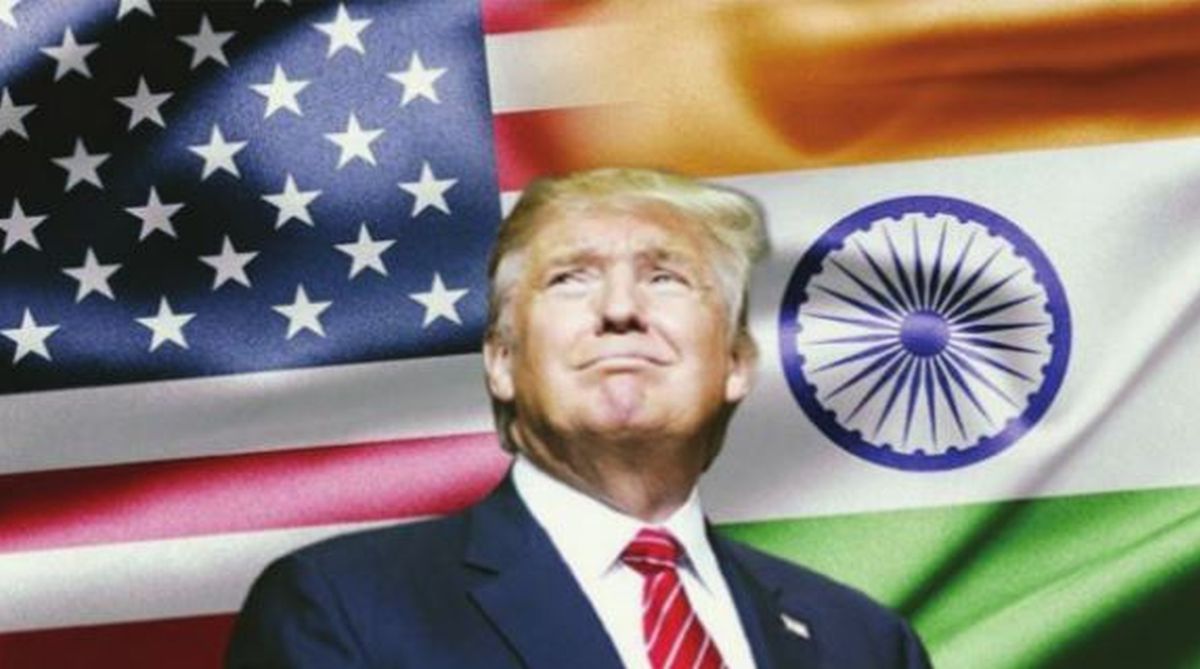The mid-term election results in the United States this week show the end of one-party rule as the Democrats have recaptured the House of Representatives. All 435 seats in the House of Representatives, 35 of the 100 seats in the Senate and 36 of the 50 Governors were up for election. Both sides claimed victory. Even after losing the House, President Trump tweeted “Tremendous success tonight. Thank you all!” No doubt Democrats did well but not well enough as the Republicans keeping the Senate is a big thing indeed. But Democrats will use the House as their base.
Interestingly, at a time when Trump wants to tighten US immigration policy there is a growing number of Indian-Americans entering politics besides giving huge donations to American candidates. The emergence of a large number of young Indian- American candidates reflects the growing realisation among this small minority community of the importance of political influence.
Among them 12, including four incumbents, were running for the House and one for the Senate: a record in itself. For the first time, over 50 were on the ballot on Tuesday. Of these, the four incumbent Democrats retained their seats. More than a dozen others won various other races across the country on Tuesday. They picked up more seats in the State assemblies.
What will be the impact of the US elections on India? Trump can expect the Democrats in the house to tinker with his China policy, his tax policy etc. but India has bipartisan support. Though Trump’s setback in the midterm polls might not affect much of his foreign policy but the influence of the House cannot be ignored. India has to be prepared if Trump’s relations with the House are strained. The growing influence of the Indian Diaspora, as well as the India’s big market and investment opportunities, attract the US. New Delhi will have to step up efforts to convince the Democrats in the House in favour of India on irksome issues like trade and tariff as well as immigration issues.
Still, there are some sensitive issues which need resolution. New Delhi is caught by the import of Iran oil. The US has introduced tough sanctions against Iran. India imports most of its oil requirement from Iran and the ban would hurt India. For now, there is some respite for India as the US has given a short waiver on the purchase of Iranian oil. That is not enough.
One of the concerns is the hawkish trade policy of Trump and his efforts to re-negotiate deals. The US is India’s largest trading partner. This is bound to grow substantially in coming years. India is caught in the trade war between US and China after Trump imposed tariffs on $250 billion worth of Chinese goods. Though New Delhi refused to tow the American line on China and is following a middle path, this balance has to be maintained.
After the recent introduction of a tighter immigration policy and the H1B visa restrictions, India is one of the most affected nations because Trump has been making it difficult for American employers to outsource with his “ America First’ policy. Many Indian companies like Infosys and Tata Consultancy Services are impacted. The restriction on H4 visas will also impact Indian spouses. Now the move to deny birth rights to those babies born in the US to illegal immigrants is also seen as hitting at the immigrant Indian population in the US. The tighter immigration policy depends on who holds power in the Senate and the House of Representatives.
India-US cooperation is poised to enter a new phase with the US moving India up into Tier-1 of the “Strategic Trade Authorisation”. India’s acquisition of Defence equipment from the US has already reached the $10 billion mark. Now some of the hardliners in the Trump camp are upset with India’s purchase of Russian defence systems. Russian President Vladimir Putin’s recent visit to India for a bilateral summit had ironed out some of the differences as Russia too was feeling that New Delhi was leaning towards the US too much.
The more basic question is not relations with India but US-Pakistan relations and how Trump will handle them with a divided Congress. How will he deal with Pakistan and its new Prime Minister Imran Khan? Those ups and downs will impact India more than direct Indo-US relations.
Everything now is moving towards the 2020 Presidential polls. Therefore you can expect a gridlock and more positioning of parties in the US. With a divided Congress, President Trump will face some restraints in carrying out his agenda. Experts say that he may focus more on domestic politics than foreign policy.











